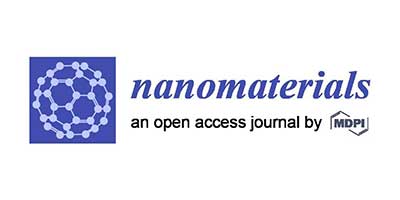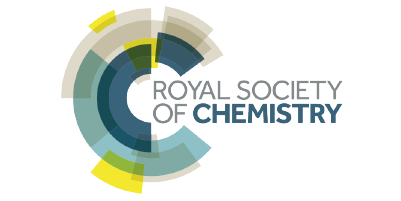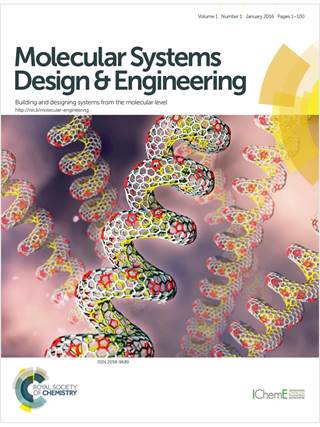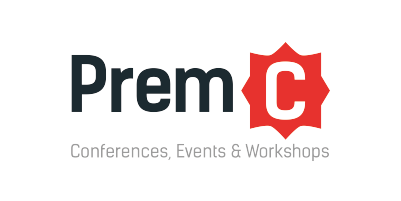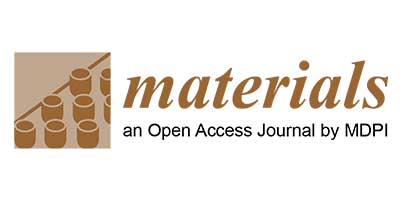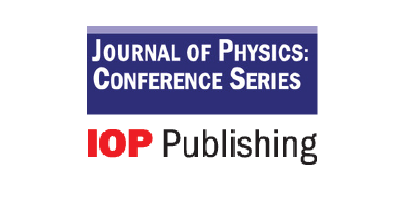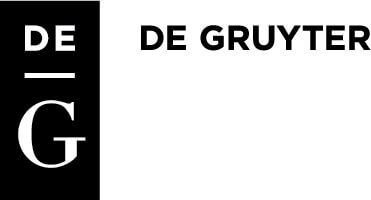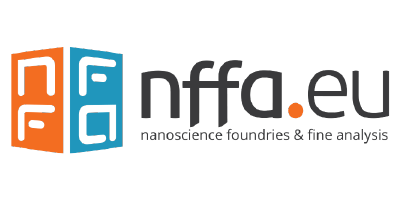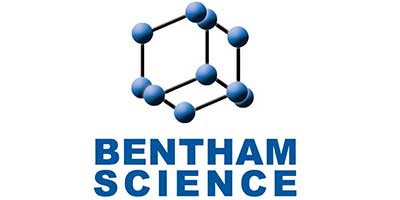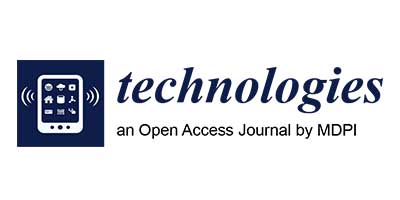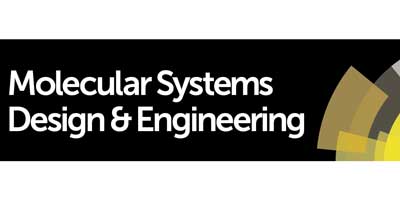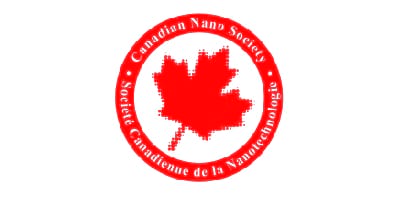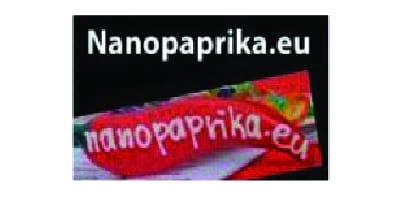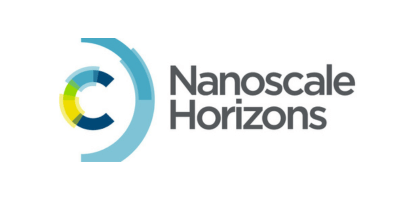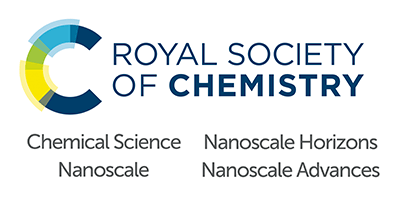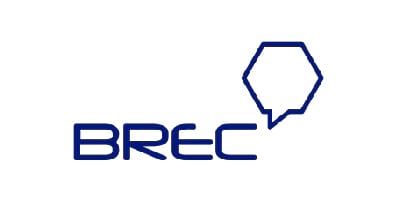
Applied Nanotechnology and Nanoscience International Conference – ANNIC 2017
This Applied Nanotechnology and Nanoscience International Conference welcomed about 300 participants in Rome from the 8th to the 20th of October 2017. Thanks to the chairman, the scientific committee, the plenary speakers and every participant to have permitted this event to be successful.
- MACRO TOPICS
- Nanoelectronics
- Nanophotonics & Nano-optics
- Nanomaterials
- Nanotechnology for Energy and Environment
- Nanobiotechnology, Nanomedicine & Nanosafety
- Nanocharacterization & Nanomanufacturing
PLENARY SPEAKERS
Prof. Jordi Arbiol
ICREA, ICN2, CSIC and The Barcelona Institute of Science and Technology (BIST), Catalonia, Spain
SCIENTIFIC COMMITTEE
Dr. Andrea Liscio
CNR-ISOF, Italy
Prof. Anna Maria Fadda
University of Cagliari, Italy
Dr. Fernando Torres Andón
Istituto Clinico Humanitas, Italy
Dr. Nancy Ranxing Li
Massettusetts Institute of Technology, USA
Prof. Fernando Calle
Polytechnic University of Madrid, Spain
Prof. Sergey A. Maksimenko
Belarusian State University – Institute for Nuclear Problems, Byelorussia
Prof. Philippe Djemia
LSPM CNRS and University Paris 13, France
Dr. Daniel Granados
IMDEA Nanoscience, Spain
Dr. Maurizio Ferrari
IFN-CNR, Italy
Dr. Vladimir Baulin
Rovira i Virgili University, Spain
Prof. Daniele Sanvitto
CNR – NANOTEC, Institute of Nanotechnology, Italy
Dr. Pablo Alonso-González
University of Oviedo, Spain
Dr. Luda Wang
Massachusetts Institute of Technology, USA
Prof. Alexander Obraztsov
M.V. Lomonosov Moscow State University, Russia
Prof. David Sinton
University of Toronto, Canada
Prof. Hans Fecht
ULM University, Germany
Dr. Henrique Faneca
Center for Neuroscience and Cell Biology, University of Coimbra, Portugal
Dr. Maria Tchernycheva
CNRS, University Paris Sud, France
Dr. RongPing Wang
Australian National University, Australia
Dr. Antonio Tejeda Gala
CNRS, University Paris Sud, France
Dr. Fabrice P. Laussy
University of Wolverhampton, UK
Dr. Robert S Maxwell
Lawrence Livermore National Laboratory, USA
Prof. Rogério Gaspar
University of Lisbon, Portugal
Prof. Grzegorz Karczewski
IFPAN, Polnad
Dr. Enrico Ferrari
University of Lincoln, UK
Prof. Maxim Ryzhii
University of Aizu, Japan
Prof. Ahmed Al-Ghamdi
King Abdulaziz University, Saudi Arabia
Dr. Christophe Thibault
LAAS, France
Dr. Yang Xi
Thinfilm Electronics Inc., USA
Dr. Beddiaf Zaidi
University of Batna 1, Algeria
Dr. Nirali Gondaliya
Shri S’ad Vidya Mandal Institute Of Technology, India
Dr. Andrei Schliwa
Technical University Berlin, Germany
Prof. Bart Partoens
University of Antwerp, Belgium
Dr. Christoph Adelmann
IMEC, Belgium
Dr. Thierry Baron
Microelectronics Technologies Laboratory – CNRS, France
Dr. Luigi Sirleto
Institute for microelectronics and microsystems/CNR, Italy
Dr. Helena F Florindo
Faculty of Pharmacy University of Lisbon, Portugal
Dr. Mallikarjuna Nadagouda
US Environmental Protection Agency, USA
Prof. Mehrdad Yazdani-Pedram
Universidad de Chile, Chile
Prof. Luca De Stefano
Italian National Research Council (CNR), Italy
Dr. Loes Irene Segerink
University of Twente, Netherlands
Prof. Igor E Agranovski
Griffith University, Australia
Prof. W. Rudolf Seitz
University of New Hampshire, USA
Dr. Alexander M Khenkin
Weizman Institute of Science, Israel
Dr. Sergei Chernyak
University of Michigan, USA
Dr. Elisabeth Lojou
CNRS, France
Dr. Etibar Ismailov
Institute of Petrochemical Processes, Azerbaidjan
Dr. Claude Nogues
CNRS, France
Prof. Gunther Kolb
Technische Universiteit Eindhoven, Netherlands
Prof. Olga Tarasovna Kasaikina
Semenov Institute of Chemical Physics, Russia
Yuliya Demidova
Novosibirsk State University, Russia
Mikhail Nikolaevich Khrizanforov
A.E. Arbuzov Institute of Organic and Physical Chemistry, Russia
CONFERENCE AWARDS
The journal Nanomaterials (MDPI) is pleased to offer a prize to the best paper of the conference in nanomaterials field. The Nanomaterials Journal Prize includes:
[icon name=icon_ribbon_alt] A certificate
[icon name=icon_ribbon_alt] A € 500 cash prize
This prize has been awarded to Dr. Carolina Carrillo Carrion from the CIC biomaGUNE, for the abstract “Nanoclusters of self-assembled quantum dots driven by fluorine-fluorine interactions as delivery platform for enzymes”
The Royal Society of Chemistry is pleased to offer 3 prizes to:
- The outstanding ANNIC 2017 abstract: This prize has been awarded to Dr. Gil Shalev from Ben-Gurion University of the Negev, for the abstract “Light-funnel arrays for photovoltaic applications: a novel approach toward absorption enhancement of the solar radiation”
- The best ANNIC 2017 student abstract: This prize has been awarded to Mr. Elie Nadal from the University of Perpignan, for the abstract “In situ synthesis of plasmonic and magnetic nanoparticles in polymer thin films under
laser and solar irradiation” - The best ANNIC 2017 poster presentation: This prize has been awarded to Ms. Palvasha Ijaz from the Istituto Italiano di Tecnologia (IIT) – Genova, for the abstract “Temperature-dependent Emission Properties of CdSe/CdS/CdTe Core/Crown Nanoplatelets”
Each Award includes:
[icon name=icon_ribbon_alt] A certificate
[icon name=icon_ribbon_alt] A free online subscription to the Molecular Systems Design & Engineering journal.
[icon name=icon_ribbon_alt] A free online subscription to the Nanoscale Horizon journal.
And one prize to the best talk in the Nanotechnology for Energy and Environment field that includes:
[icon name=icon_ribbon_alt] A certificate
[icon name=icon_ribbon_alt] A free online subscription to the Environmental Science Nano journal
This prize has been awarded to Ms. Marion Bourebrab from the University of Edinburgh, for the abstract “Development of highly repellent silica nanoparticles for protection of bio-based insulation composite material”

Nanoscale Horizons is a premier journal publishing first reports of exceptional significance across the breadth of nanoscience and nanotechnology research. It is an innovative, community-focused, dynamic journal guided by world-renowned editorial board members. Nanoscale Horizons is a collaborative venture between the Royal Society of Chemistry and a leading nanoscience research centre, the National Center for Nanoscience and Technology (NCNST) in Beijing, China. Nanoscale Horizons features cutting-edge community-spanning research that bridges the various disciplines involved with nanoscience and nanotechnology, including the areas of physics, chemistry, biology, medicine, materials, energy/environment, information technology, detection science, healthcare and drug discovery, and electronics.
Molecular Systems Design & Engineering provides a hub for cutting-edge research into how understanding of molecular properties, behaviour and interactions can be used to design and assemble better materials, systems, and processes to achieve specific functions. These may have applications of technological significance and help address global challenges.
Crossing the boundary between chemistry and chemical engineering, this unique new journal is a joint venture between the Royal Society of Chemistry and the Institution of Chemical Engineers (IChemE).

